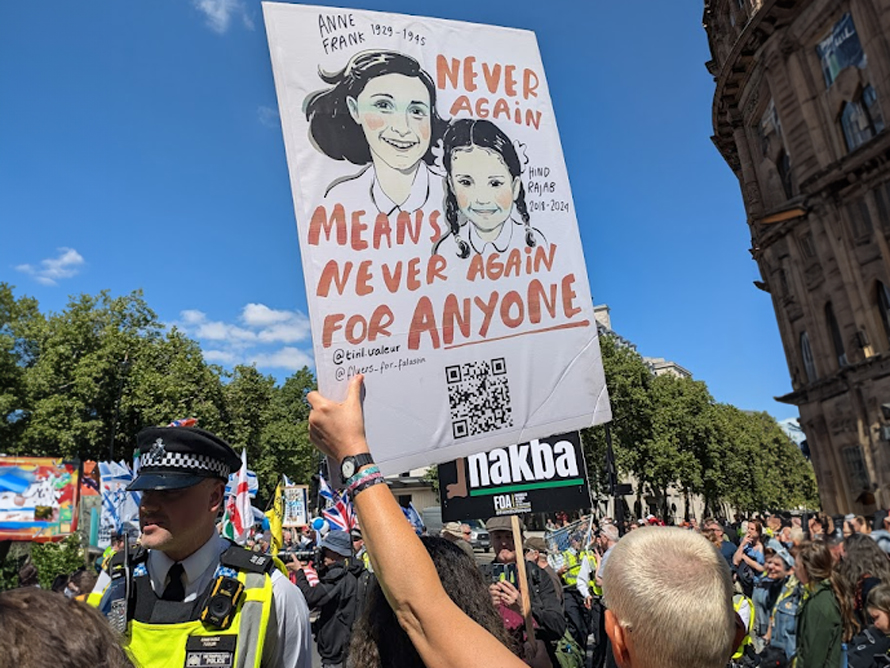British history is long, complicated and messy. We should not let historical amnesia shape our understanding of the past, writes Khadeejah, 16, from Beauchamp City Sixth Form.
On the 11th of November at 11.00 am every year, Britain remembers the World Wars with silence. But how often do we pause for the victims of its empire? And why are some events commemorated with pride, while others are erased or glossed over? History isn’t neutral. And what we forget shapes who we are as nations and people.
The identity of nations — some truly great and some ‘so-called’ — is built by highlighting victories and hiding failures. The great heroism of Britain in the World Wars masks its brutal colonisation of many countries around the world. Americans give importance to July 4th, celebrating their independence, whilst forgetting that those who gave it to them deprived others of it.
As someone of an Indian – Irish background, it’s disturbing to see how the British education system glazes over the products of its colonialism, framing it instead as primarily a story of trade and a “civilising mission”. Recently, I came across a video of the “Unite the Kingdom” rally where the song Zombie by The Cranberries was playing in the background. I couldn’t help but laugh at the irony, given that the song itself was written about the violence in Ireland — violence rooted in Britain’s actions there. This kind of selective teaching shapes the understanding of immigration, leaving many unaware of the historical roots of Britain’s diverse society, as seen through recent anti-immigration marches.
Erased voices equal repeated injustices, and young people are left without context to understand today’s inequalities. Whilst the horrific events of the Holocaust are remembered around the world, the genocides in places such as Armenia and Bosnia are often given less importance. However, the social media age is changing the narrative, and the more recent genocide taking place in Gaza, which the UN has recognised as such, is being widely documented, allowing people to witness the realities of oppression in real time and encouraging a more informed understanding of global injustices.
As individuals, we must remind ourselves that remembrance isn’t just about what we recall, but what we choose to silence. Students can challenge this selective system by asking themselves whose voices are missing, and why. Remember, forgetting is never neutral. It’s a choice — and choices shape the future as much as the past.
Interested in submitting your own Student Voices article or video? Find out more here.


